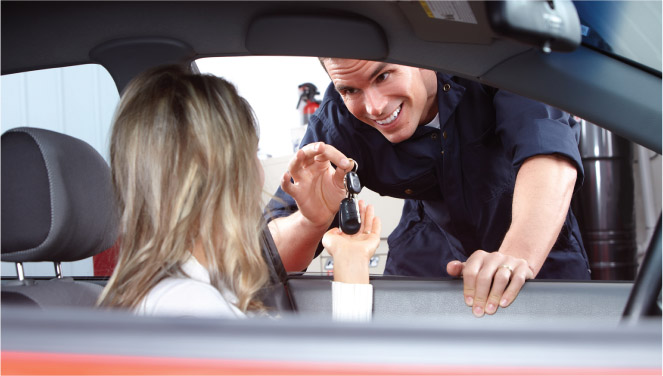19.3 Debt – is it good or bad?
Most individuals will incur debts at some stage in their life. A debt involves owing something to someone else or an obligation to pay or repay money, goods or services.
Good debt occurs when an individual borrows money to invest in an income-producing asset. For instance, you decide to buy an investment property. To do this you need to obtain an investment loan from a bank, which will charge you a higher rate of interest than a normal housing loan. The interest that you have to pay to the bank on that loan, however, will be tax deductible and can be claimed against the income you earn from renting the property to a tenant. If you have done your research properly and make a good investment purchase, the value of the asset (house or flat) should increase over time; this debt would most certainly be classified as a good debt. Similarly, if you borrowed money to invest in shares and the value of those shares increase over time, this would also be classified as good debt.
Bad debt is something that individuals should try and minimise or avoid if at all possible. If an individual takes out a loan on a non-income-producing asset that also declines in value over time, such as a speed boat or a car for personal use only, this is regarded as bad debt. Not only is the asset losing value, but the interest payments are not tax deductible as it is a non-income earning asset.
If you find yourself in a bad debt cycle it is important that you put your finances in order. One way of doing this is to develop a personal budget. This will require you to work out all forms of income you receive: salary or wages and overtime payments you receive on a regular basis, any government support benefits or pension payments, dividends from shares, bank interest and rental income if you own a rental property. Once this has been done, then all your expenses need to be identified: mortgage repayments if you own a property or rent if you are a tenant, personal loan repayments for cars or other equipment, travel fees, education expenses, food, entertainment, health insurance and medical expenses, regular utility bills (such as electricity, gas and water), telephone bills and insurance for property and car. If after itemising the income and expenses you find that your expenses are greater than your income, you need to really think hard and take action to reduce the expenses. A quick search using an internet search engine will result in many suggestions of how to create a budget which will help you to control your finances, reduce your level of bad debt and in time enable you to create a safety buffer of savings.

Another way of ensuring that you are creating a savings buffer is this: if your pay is directly deposited into your bank account by your employer, you can organise an ongoing direct deposit withdrawal into a savings account set up in your name.